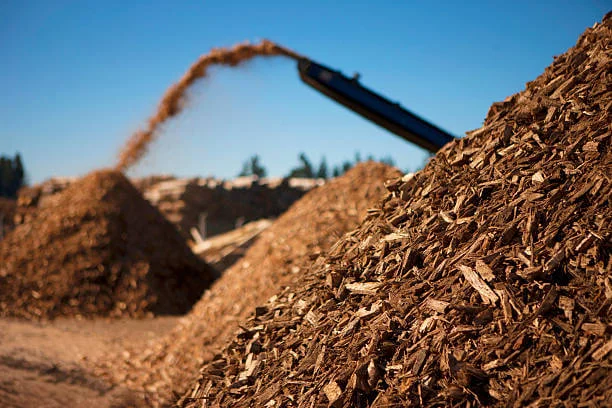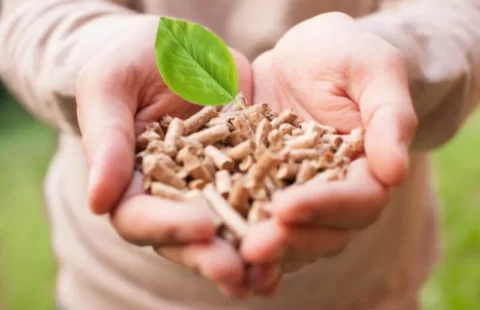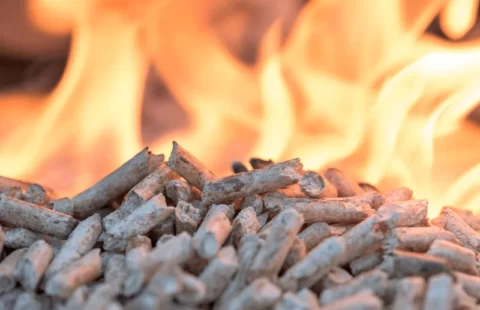
Unlocking the Potential of Biomass Pellets and Briquettes: A Sustainable Energy Solution
In today’s rapidly evolving world, the quest for sustainable energy sources has gained paramount importance. Biomass pellets and briquettes have emerged as promising contenders in this arena, offering a plethora of benefits that contribute to a greener, cleaner, and more sustainable future.
What are Biomass Pellets and Briquettes?
Biomass pellets and briquettes are dense, compacted forms of organic materials, primarily made from agricultural residues, wood waste, and other biomass sources. These small, energy-dense units serve as an eco-friendly alternative to traditional fossil fuels like coal and oil.
Environmental Benefits
-
Reduced Greenhouse Gas Emissions: Biomass is considered carbon-neutral since it releases only the carbon it absorbed during its growth. When burned, it emits significantly fewer greenhouse gases than fossil fuels.
-
Waste Reduction: These products effectively utilize agricultural and forestry residues, reducing waste and the need for landfill disposal.
Economic Advantages
-
Cost-Efficiency: Biomass pellets and briquettes often offer cost savings compared to fossil fuels, making them an attractive choice for businesses and households.
-
Job Creation: The biomass industry contributes to rural economies by generating jobs in the collection, processing, and distribution of raw materials.
Energy Efficiency
-
High Energy Density: Biomass pellets and briquettes have a high energy content, making them efficient for heating and power generation.
-
Ease of Storage and Handling: Their uniform shape and size make them easy to store, transport, and use.
Versatility
-
Wide Range of Applications: Biomass pellets and briquettes can be used for heating homes, generating electricity, and even as a source of fuel for vehicles.
-
Customizable: They can be tailored to meet specific energy needs and combustion equipment requirements.
Challenges
-
Supply Chain Dependence: The availability of biomass feedstock can be subject to seasonal variations and supply chain challenges.
-
Emissions during Production: The energy-intensive process of manufacturing pellets and briquettes may result in emissions if not managed properly.
In conclusion, biomass pellets and briquettes represent a sustainable and versatile energy solution with numerous environmental, economic, and energy efficiency benefits. Their growing adoption worldwide is a testament to their potential in reducing our carbon footprint and fostering a more sustainable future. As technology continues to advance and sustainability remains a global imperative, biomass will likely play an increasingly pivotal role in our transition to cleaner and greener energy sources.


